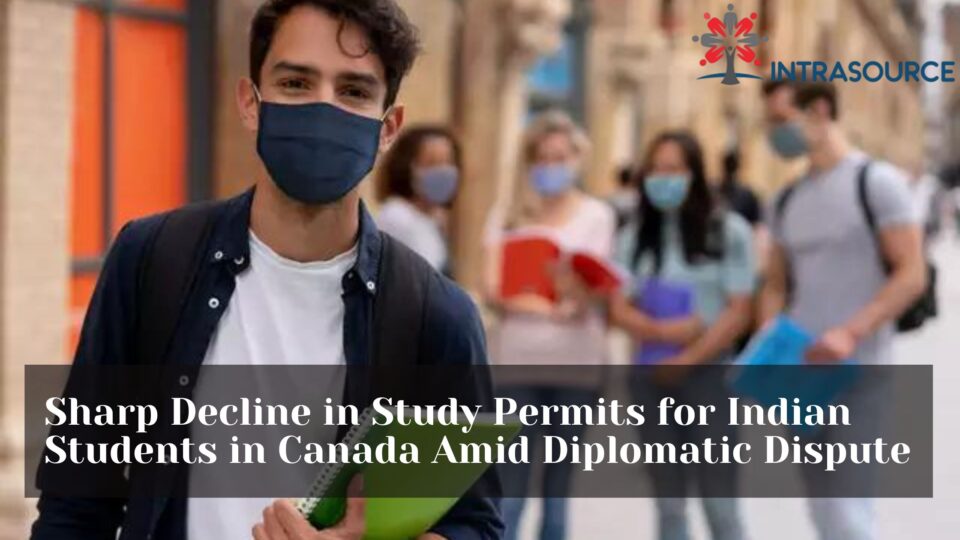The drastic reduction in study permits issued to Indian students is an outcome of a tussle between India and Canada over a diplomatic dispute.
Diplomatic Tensions Impact Student Permits
The number of study permits issued by Canada to Indian students witnessed a staggering drop late last year due to an ongoing diplomatic dispute between the two countries. The tensions began after Canadian Prime Minister Justin Trudeau claimed there was evidence linking Indian government agents to the murder of Hardeep Singh Nijjar, a Sikh separatist leader in Canada. Immigration Minister Marc Miller told Intrasource that he doesn’t expect the number of study permits for Indian students to recover anytime soon.
Reduction in Diplomatic Staff Hampers Permit Processing
In October, India ordered the withdrawal of 41 Canadian diplomats, making up two-thirds of its staff. This move dealt a significant blow to the study permit processing capacity for Indian applicants. Additionally, concerns regarding residential and teaching facilities at some Canadian institutions have led many Indian students to explore studying in other countries.
Sharp Decline in Study Permits Issued
Official data reveals an 86% drop in study permits issued to Indian students during the last quarter of the previous year compared to the prior quarter. The number fell from 108,940 to just 14,910 permits. In recent times, Indian students constituted the largest group of international students in Canada, accounting for more than 41% or 225,835 permits in 2022.
Economic Impact on Canadian Universities
International students represent a significant source of revenue for Canadian universities, contributing approximately C$22 billion ($16.4 billion) annually. A decline in international student enrollment would adversely affect these institutions. Besides political tensions, an ongoing housing shortage has also led the Canadian government to seek a reduction in the overall number of international students entering the country.
Future Uncertainty
Despite both countries rejecting each other’s claims, the ongoing diplomatic row casts a shadow of uncertainty on the future of this valuable relationship. Immigration Minister Marc Miller admits there is no clear resolution in sight, with the potential for further turbulence should Canadian authorities charge Indian government agents for Hardeep Singh Nijjar’s murder.
Conclusion
The drastic reduction in study permits issued to Indian students is an outcome of a tussle between India and Canada over a diplomatic dispute. This situation has far-reaching implications on both Indian students seeking higher education abroad and the financial health of Canadian universities. The challenge now lies in finding a resolution to restore cordial relations between these two nations and ensure that their educational exchange thrives in the years to come.


